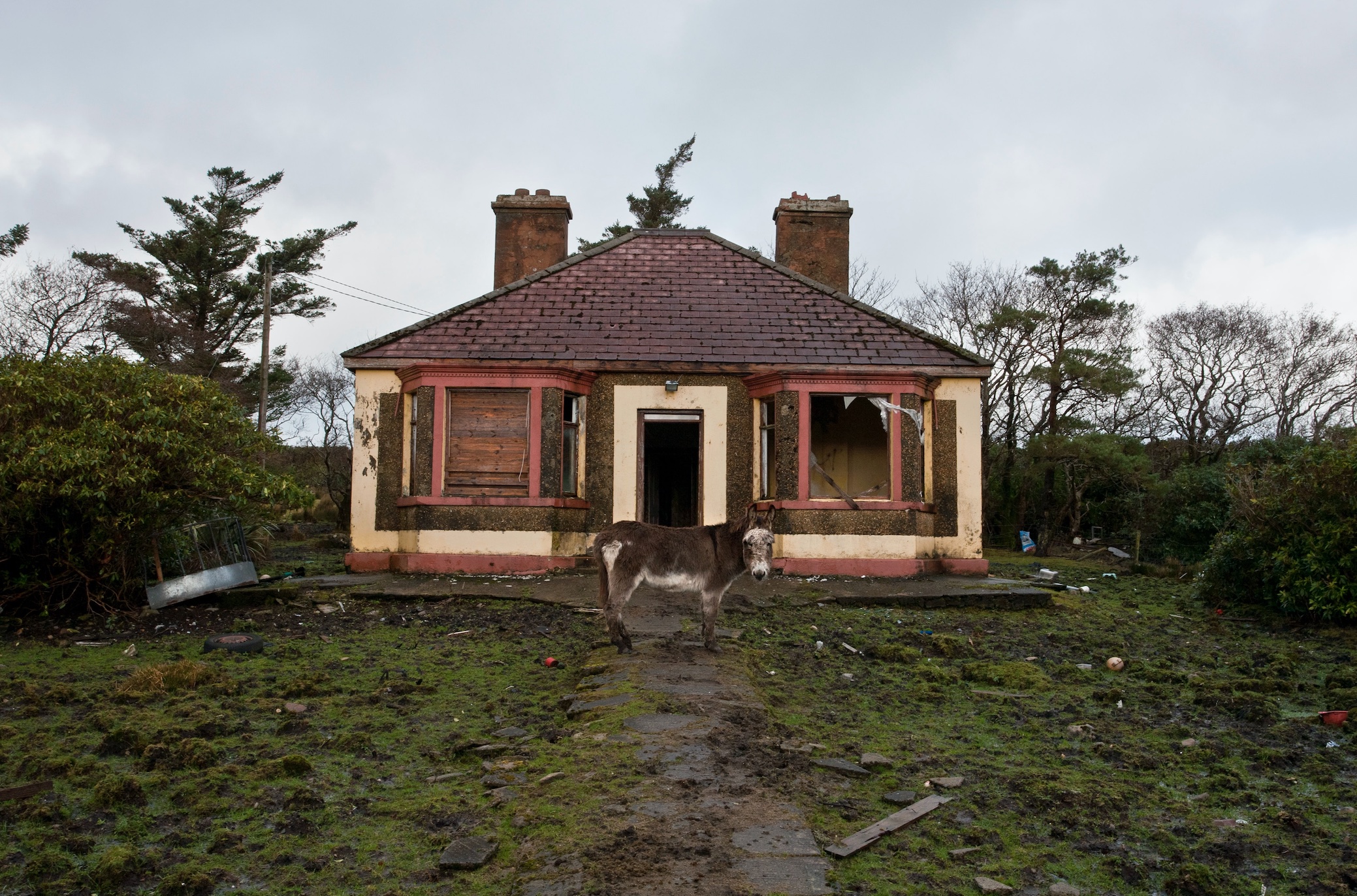Prohibited use applies when a governmental authority prohibits residents from accessing their undamaged homes.
The first week of hurricane season brought about 8-16 inches of rain and caused major urban flooding in South Florida. Maximum sustained winds only reached 70 mph east of Florida, so it was just below the threshold for a Category 1 hurricane rating. Floridians have been placed on alert early and residents should prepare for a busy 2022 storm season. The National Oceanic and Atmospheric Administration (NOAA) is forecasting an approximate range of 14 to 21 named storms (winds of 39 mph or higher), of which 6 to 10 could become hurricanes (winds of 74 mph or higher), including 3 to 6 major hurricanes (category 3, 4 or 5; with winds of 111 mph or higher). NOAA provides these ranges with a 70% confidence level.
Hurricane preparation – do I stay, or do I go?
Major hurricanes are likely to require mandatory evacuation across the State of Florida and residents may be forced from their homes because of the threat of hurricanes, or after damage leaves their homes uninhabitable. During forced evacuations, homeowners may incur expenses to secure properties in their absence and other costs including food, gas, and temporary housing if they must ride out a storm at another location. While some Florida homeowner’s insurance policies cover these losses, it is best to discuss the Florida weather issues at the time of a policy purchase to make certain there are not issues as a storm approaches. A mandatory evacuation of residents is not issued unless a Category 3, or greater hurricane is expected. Costs under “mandatory evacuation” guidance may be paid, where evacuations undertaken for safety for hurricanes less than Category 3 may cause hurdles to payment. Experienced insurance claims lawyers will conduct policy reviews to make sure documents have appropriate loss of use coverages and assist with claims that are submitted after a storm.
Loss of use coverages
Most homeowners’ insurance policies include loss of use coverages that may address:

- Additional living expenses coverage (ALE insurance): ALE insurance reimburses homeowners for additional living expenses resulting from having to live away from home after a covered loss.
- Fair rental value: As a homeowner renting out a property, fair rental value, also known as loss of rent insurance, reimburses for lost rental income when renting a home and it becomes uninhabitable due to a covered loss.
Prohibited use coverages
Prohibited use is included under loss of use coverage. Prohibited use applies when a governmental authority prohibits residents from accessing their undamaged homes. Even when a home was not damaged, owners can file a loss of use claim for additional living expenses without damage, because they are restricted from going home. Coverage could also include meals and incidental expenses. This coverage is like but slightly different from the coverage that kicks in when a home becomes uninhabitable. That coverage is called loss of use coverage, and details will vary depending on the policy and the company issuing it.
Supporting documentation list
Homeowners should be familiar with the coverages in their policies, and an insurance attorney can outline specific requirements for loss of use claims in the State of Florida, resulting from enforced storm evacuations. Policyholders should make a list of claim-relevant information including:
- Date and type of loss,
- Location and any injuries sustained,
- Others besides residents involved,
- Condition of the home,
- Detailed description of damaged contents,
- Information regarding temporary repairs or complete replacement,
- Utility department records,
- Keep a file of documents, records, pictures of items, receipts for costs of items and email transmissions of communication with the insurance company, as well as notations on phone calls or any other interaction having to do with property losses due to storm damage.
Hire a lawyer
Florida property owners who find themselves involved with insurance disputes arising out of claims for loss of use, or prohibited use of a home when a hurricane threatens Florida should contact the Shochet Law Group who can help file, or dispute an insurance claim rejection.
Sources:
- NOAA predicts above-normal 2022 Atlantic Hurricane Season | National Oceanic and Atmospheric Administration
- Now that Alex is all but gone, when might the next tropical storm develop? (yahoo.com)
- http://www.leg.state.fl.us/statutes/index.cfm?App_mode=Display_Statute&URL=0600-0699/0627/Sections/0627.7011.html
- https://www.floir.com/


Join the conversation!